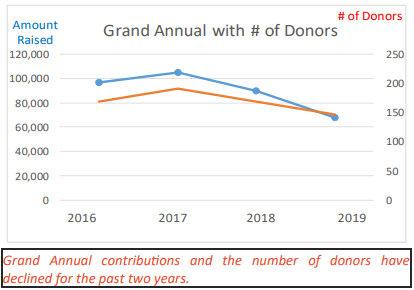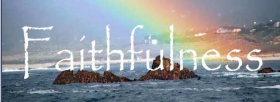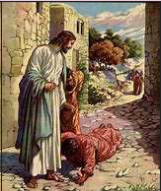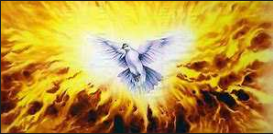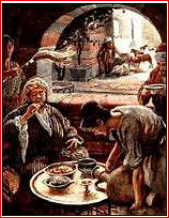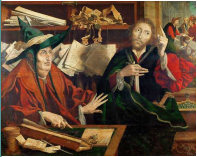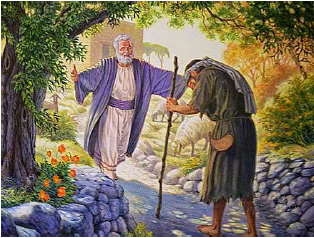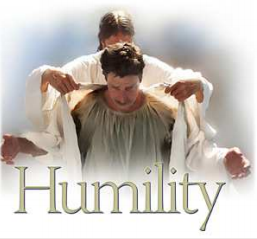November
https://stmarystcatherine.org/wp-content/themes/osmosis/images/empty/thumbnail.jpg 150 150 Charlestown Catholic Collaborative Charlestown Catholic Collaborative https://stmarystcatherine.org/wp-content/themes/osmosis/images/empty/thumbnail.jpgThe wind is howling outside and the gusts are succeeding in removing the leaves from the trees in the neighborhood. Looking out the window, folks, young and old, are bent against the wind and early autumn chill, making their way across the training field. This weekend we celebrate the Feast of All Saints and the Feast of All Souls. November is upon us and, no matter how much we would like to stave off the upcoming winter, it is approaching.
All around us are the signs of life changing. Nature herself is preparing for the change of seasons as the leaves drop from trees and bushes, yet small buds are evident, giving us hopeful signs of a springtime yet to come. To me it is virtually impossible not to see in the cycles of nature, a mirror of the cycles of our own life journey.
Years ago there was a popular book written by Daniel J. Levinson called, The Seasons of a Man’s Life. Some years later the author wrote another work called, The Seasons of a Woman’s Life. The point of both works is to understand the stages of development in adulthood, from the 20’s on. The popularity of the research is explained by the lack of understanding of the ongoing growth throughout our adult lives and not just throughout childhood and adolescence.
As adults, how are we changing and is our growth in life and faith a simple extension of our childhood or something new? Probably both. Growth in adulthood is both a continuation of our earlier years as well as adapting and learning, growing and struggling throughout the adult years. For myself, I am amazed at how much I have yet to learn and grow. The more the years pass, the more I am aware of how much I do not know!
And while this development applies to all aspects of life, I believe it applies very much to our relationship with God. Do I hold the same image of God today that I held as a child? With the depth of my life experience I see God as bigger and more amazing than ever. The compassion of God, the unfathomable greatness, and the immeasurable and all present love seems to me more evident today than ever. Jesus, the Church, the sacraments, Sacred Scripture and all of the revelations of God amaze me. And while I wonder about all of this on this November morning, I can’t help being filled with a deep gratitude for it all, this mystery called life.
Perhaps for each of us, November can be a special gift – watch, look around and wonder about all that is happening in Charlestown and in your own life. Examine where you have been, where you are and where you are going. Watch the changes, the leaves dropping and the buds wrapped tightly for winter. Delight in the mystery of God’s grace working in your life and in the world
Fr. Ronan
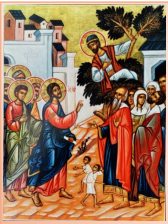
Thirty-first Sunday Ordinary Time Weekend November 2/3, 2019
The Gospel story of Jesus’ encounter with Zacchaeus makes for an ideal stewardship reflection. So does today’s first reading from the Book of Wisdom. Good stewards have faith in, and give thanks for, an almighty and powerful God who transcends the universe, but who gives personal attention to every human being. God loves his creation, his people. He lives in them, and through his Holy Spirit, instills a fundamental goodness in them. Good stewards recognize this movement of the Spirit as a gift, and make efforts to cultivate this gift and grow in their faith. Take time this week to stop and look around you, be aware of God’s awe-inspiring creation, and give thanks for God’s loving care and concern for each of us.

